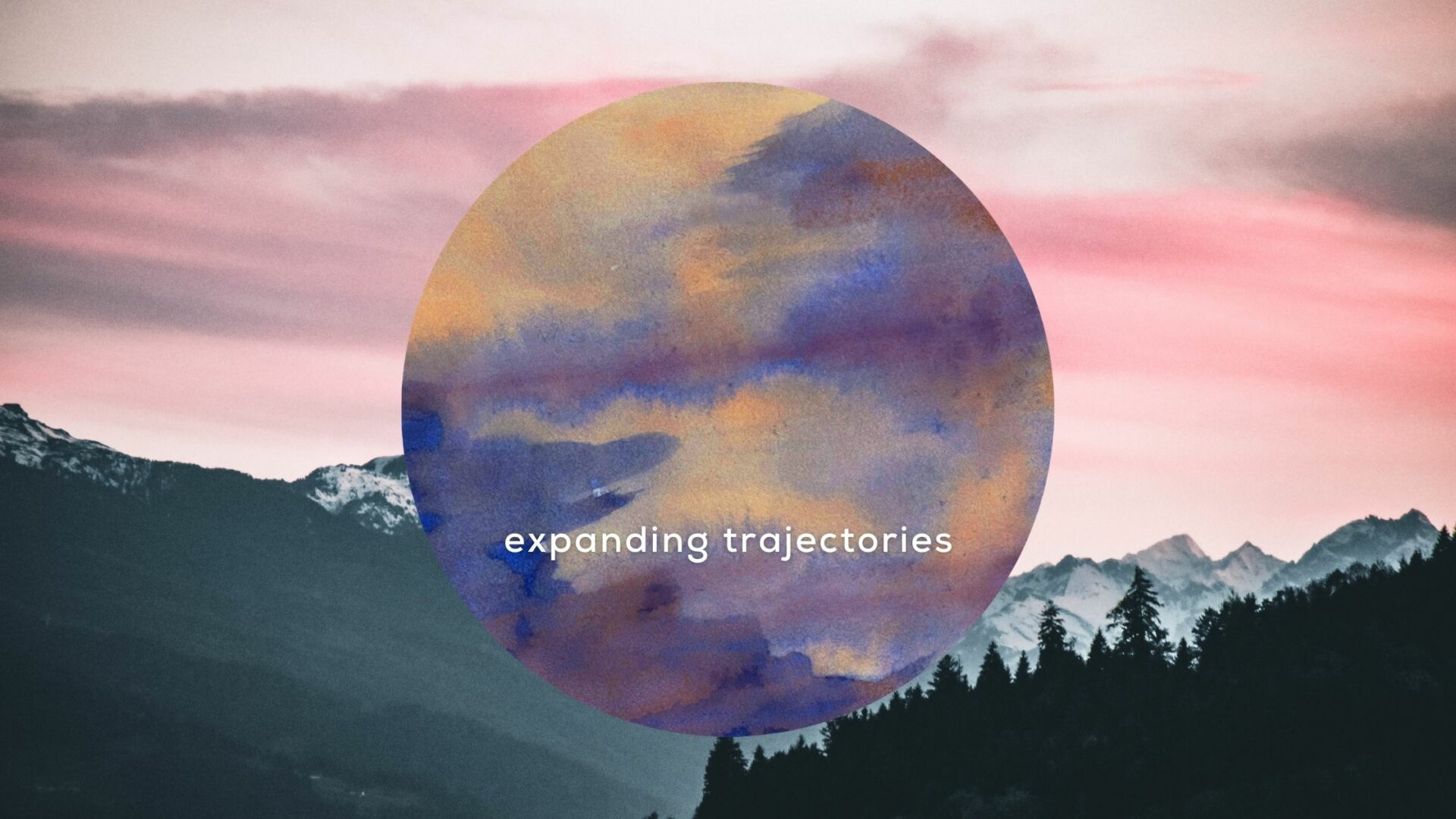plausible, adjective:
plau·si·ble | \ ˈplȯ-zə-bəl \
: appearing worthy of belief
+
possible, adjective:
pos·si·ble | \ ˈpä-sə-bəl \:
being within the limits of ability, capacity, or realization
We’re here to map the plausible possible, plotting the liberatory potential of the dynamics of the future. Let’s build our thriving in the cracks of the crumbling old worlds.
To say the world is in crisis and chaos is such a frequent utterance that it has become a cliché. Go look at the news and you can find environmental, economic, social, biological, geopolitical crises. Across the world, structures and systems that once seemed invincible are thrown into disorder. This upheaval is not all bad— indeed there’s a degree of egalitarian levelling to it. One might be disoriented and facing an uncertain future, but one can take solace in the fact that the experts and elites, who supposedly know how things work, are facing the exact same problems.
But everyone being confused together does not necessarily progress us towards a better world. Indeed, it invites what the 19th-century historian Jacob Burckhardt called “the terrible simplifiers,” demagogues who promise simplicity and a clear, if brutal, plan of action that gives people something to orient around, regardless of how accurately their understanding maps to reality.
What we need are nuanced perspectives that both acknowledge current challenges and still encourage action towards our interconnected good. We started this project with the intention of making such frameworks both understandable in the abstract and relevant to day to day action.
Right now, nobody has a monopoly on good ideas, and we want theorizing to come from as many angles as possible going forward. While we write primarily for leftists and anti-authoritarians, we believe in epistemic pluralism. This means engaging with not just theorists from other thought schools, but investigating older traditions and interpreting in light of new theoretical developments. Fields like game theory, cybernetics, complexity science, computation theory, and information theory, as well as framing devices like futurism and even science fiction, have gone underutilized by leftists, and we hope to change this. These alternative models are worth exploring not just so we have something to aim towards, but also so that we can have a more accurate lay of the land.
We can construct models using these tools and also strive to make them as accessible as possible. Because we’re not just entering into a new world of possibilities brought about by technology, we’re also entering a world that will bury the ideological frames of the Cold War for good. Beyond well-worn sites of liberatory struggle like unionizing workplaces or building labor parties, one can find all sorts of flowerings. We live in an age where a sufficiently motivated Kazakstanian neuroscientist can increase scientific productivity across the board through crime, where Wikipedia can in a sense model post-capitalism but was made by someone with otherwise awful right wing politics., and veteran activists are home-brewing facial recognition algorithms to identify cops who refuse to put on ID. The mass wave of networked protests we’ve experienced in the last decade brought about by information technology will not go away quietly.
While we study the impacts of technology and how it can be employed, we do not fetishize it nor treat it as a savior. We embrace ideas from solarpunk, afrofuturism, ecomodernism, and degrowth movements to promote realistic technological development. We also deeply honor the social technologies, many of which are as old as humans themselves, that can be re-asserted in decolonial ways to help guide our sustainable adaptation.
Complex, diverse, cooperative networks are the only path through the existential risks we face. While our futures could turn dystopic, possible utopias are worth articulating and pursuing.
We want to harness the complexity of the future and direct it towards anti-fascist, anti-authoritarian, and internationalist agency maximization. It is only by embracing these new possibilities, by becoming more comfortable operating at the edge of chaos, that we believe we have any hope for the future. The natural rigidity and conservatism of authoritarian social arrangements, from vast empires to patriarchal families, is a vulnerability that should be exploited at every turn.
Both our tools and perspective need updating so we can give ourselves new dreams and stories to orient ourselves around. This blog won’t have all the answers. But we’re hoping it can be a place to start exploring the right questions.
From each, according to their imagination, to each, according to their need.
-frank, emma, emmi – Jan 2021
